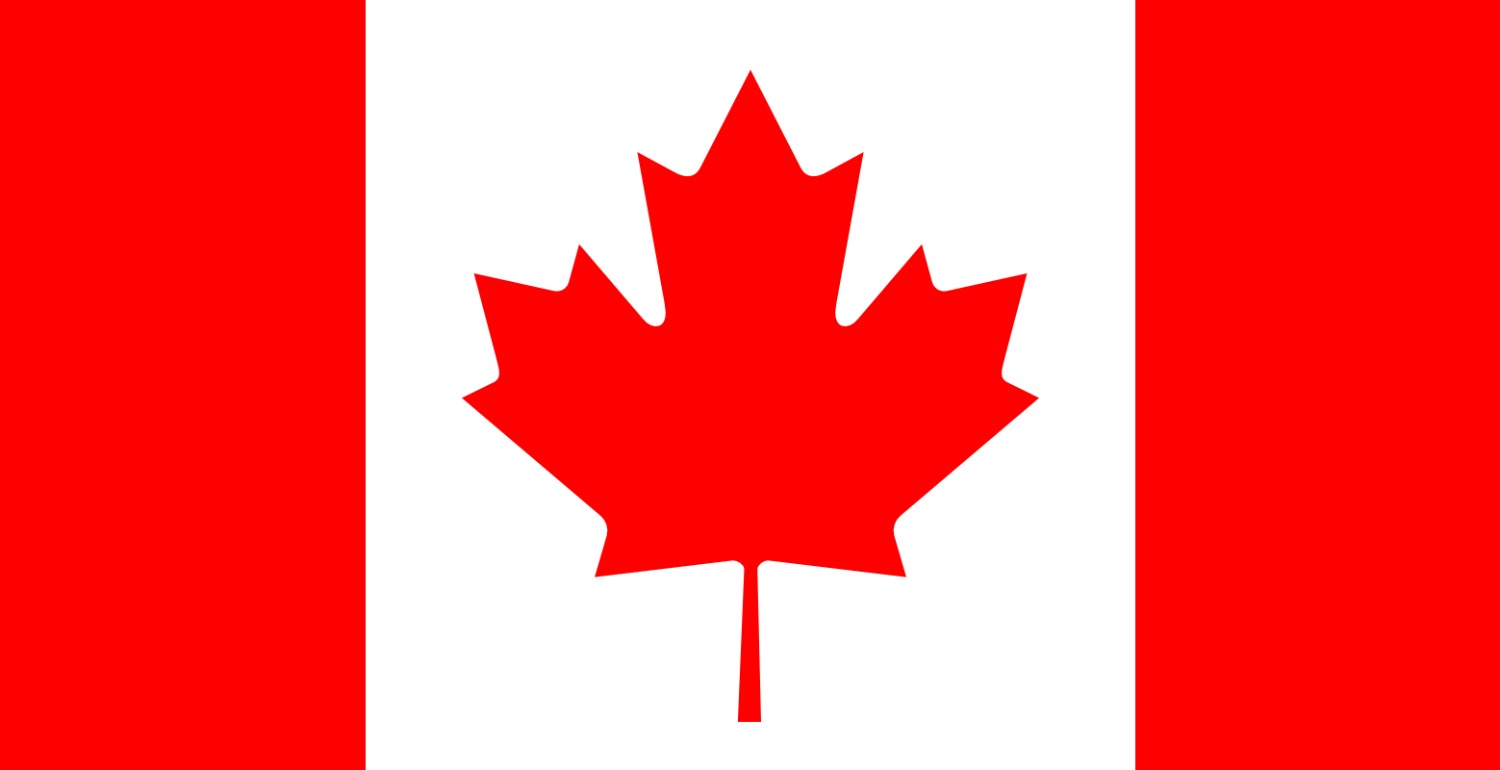By Marlene Kaufmann
CSCE Counsel
The Canadian Senate and House of Commons hosted the Global Conference of Parliamentarians against Corruption held in Ottawa, Canada October 13-16, 2002. The assembly brought together more than 150 parliamentarians from 50 countries to review strategies aimed at enhancing integrity and building capacity within individual parliaments in order to promote good governance worldwide.
Participants in the conference officially launched the Global Organization of Parliamentarians Against Corruption (GOPAC).
In addition to officially launching GOPAC the conference had several objectives. First, those assembled sought to develop an improved and shared understanding of how parliamentarians can be more effective in promoting accountability, transparency and participation in governance – and therefore promote integrity and combat corruption. Second, they developed a broader consensus as to how a global organization of parliamentarians can best support individual parliamentarians in becoming more effective in doing so. Participants addressed these themes through a series of three workshops focusing on: the role of the individual member of parliament, the oversight role of parliaments, and the institutional integrity of parliaments.
Each of the working groups approached the challenge of promoting transparency from a particular perspective; nevertheless, some common recommendations emerged including:
- ensuring freedom of the media and free and open elections
- undertaking effective legislative oversight of the executive – particularly on budgetary matters and access to information
- establishing effective parliamentary officers such as auditors general
- combating money laundering
- offering public education and support for NGOs which work to build civil society.
Many delegates from developing countries noted particularly the lack of accountability with respect to international institutions and called for transparency in the work of the International Monetary Fund and the World Bank. Specifically, many parliamentarians called on these international financial institutions to better inform the citizens of recipient countries about the scope and purpose of loans and projects as well as an official follow-up reporting mechanism which would rate the success of each project and provide an audit of funds.
Debate in the plenary sessions revolved around the number and nature of regional groupings, and adopting a constitution for the organization which had been drafted by the Parliamentary Centre of Canada, and proposed by the organizer of the conference, John Williams, MP from Canada. Ultimately, participants organized themselves into fourteen regional groupings and elected a Board of Directors and an Executive Committee. Although a constitution was adopted at this first global conference, members felt that several key provisions needed to be addressed and agreed to propose constitutional changes to be considered at the next Conference, scheduled for 2004.
In the interim, the Parliamentary Centre of Canada serves as the GOPAC secretariat. National and regional chapters will look to the Centre for information sharing, providing research on best practices and liaison with other international organizations.
The United States Helsinki Commission, an independent federal agency, by law monitors and encourages progress in implementing provisions of the Helsinki Accords. The Commission, created in 1976, is composed of nine Senators, nine Representatives and one official each from the Departments of State, Defense and Commerce.




